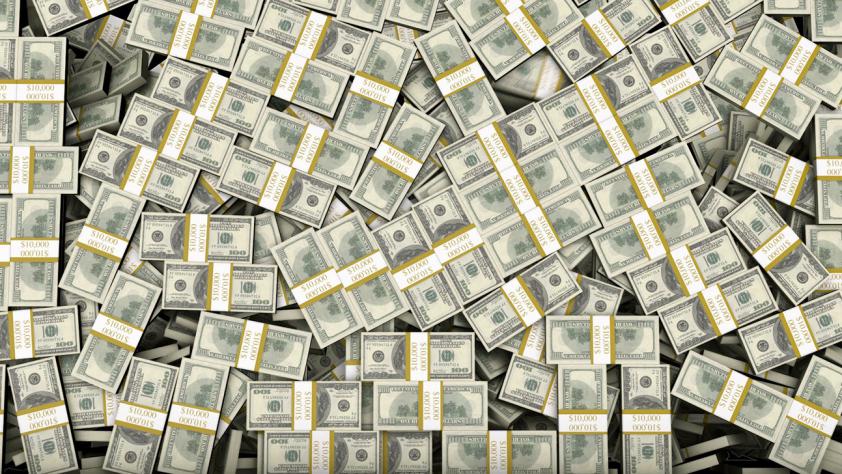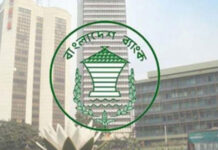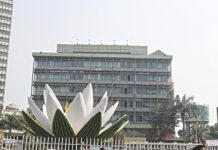Bangladeshi citizens’ deposits with various Swiss banks rose by 36.02 percent year-on-year in 2014, according to the Swiss central bank.
The amount went up to Tk 4,283 crore (506 million Swiss franc) last year from Tk 3,149 crore (372 million franc) in the previous year, shows the latest data of Swiss National Bank (SNB). In 2012, the amount was Tk 1,991 crore.
Zahid Hussain, lead economist at the World Bank’s Dhaka office, said people keep money in Swiss banks for safety.
The money kept outside the country for safety is generally earned through dubious methods, he said.
“Political uncertainty coupled with a sense of insecurity about money earned through such means makes the owners of those funds seek safety. This might have been the case in 2014.
“People don’t keep their money with Swiss banks for profit as their deposit rates are very low,” Zahid told The Daily Star yesterday.
The economist noted that a part of the money went out of the country for lack of congenial environment for investment at home.
Apart from Bangladesh, a number of other countries, including the UK, Germany and Italy, saw their exposure to Swiss banks increase during the year, resulting in the rise in funds held by foreign clients at Switzerland’s banking institutions.
Overall, the money held in Swiss banks by their foreign clients from across the world rose to 1.5 trillion Swiss franc in 2014 from 1.32 trillion franc in 2013.
However, Indian citizens’ deposits with Swiss banks fell by more than 10 percent to 1.8 billion franc last year amid the Indian government’s efforts to bring back the unaccounted money.
Switzerland is not the only country that has received Bangladeshi funds, as the names of Canada, Malaysia and the UAE are also on the list.
Bangladeshi lawmakers discussed the issue in parliament last year.
At that time, Salehuddin Ahmed, former governor of Bangladesh Bank, blamed chaotic politics and lack of security for the rise in flows of money to Swiss banks.
“Many Bangladeshis have stashed in Swiss banks their incomes from external sources,” he told The Daily Star.
The government would have to rise over partisan politics and take punitive measures for stalling illegal flow of money. The law and order, and governance must also be improved, he said.
The funds, described by the SNB as “liabilities” of Swiss banks or “amounts due to” their clients, are the official figures disclosed by the Swiss authorities. These numbers, however, don’t shed light on the alleged black money held by Bangladeshis.
The SNB figures also don’t include the money that Bangladeshis or others might have deposited with Swiss banks in the names of entities from various countries.
The latest SNB data comes around two weeks after the Global Financial Integrity, a Washington-based research organisation, said illicit outflows of funds from Bangladesh equal 38.5 percent of the combined official development assistance and foreign investment the country received between 2008 and 2012.
According to its report, the illicit outflows ate away 1.1 percent of the country’s gross domestic product with trade misinvoicing being the main culprit.
For several decades, Switzerland has provided wealthy families around the world a convenient and safe place to stash their money.
The country’s political neutrality, stability and tradition of bank secrecy have kept their fortunes beyond the reach of national governments and the most determined tax collectors.
Switzerland is now facing growing pressure from many countries to share details of foreign clients of its banks.
Source: The Daily Star










